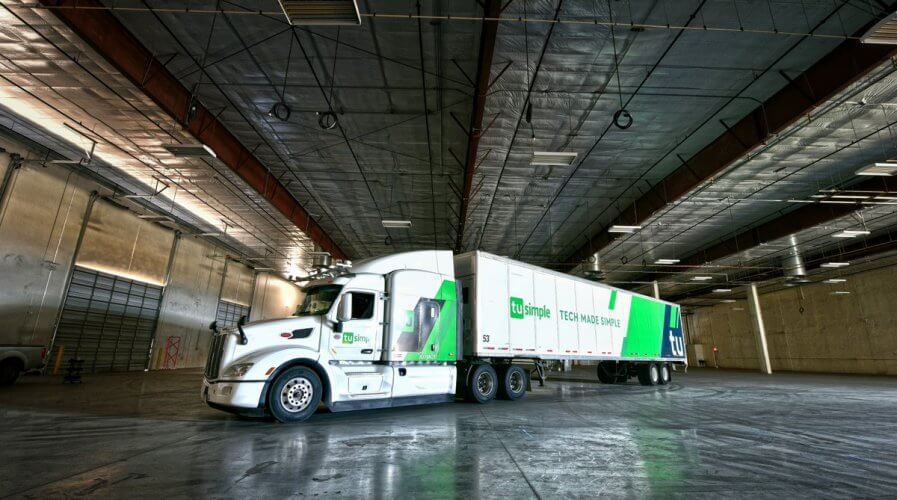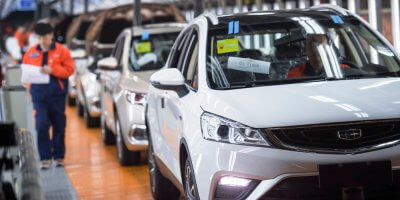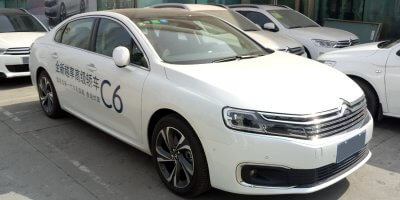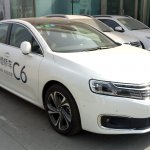
Autonomous trucking is becoming China’s domain. Source: Twitter / TuSimple
China is gearing up to transform trucking in the US
LOGISTICS companies have been excited by the idea of autonomous trucking for quite a while now — but there aren’t many players in the global market who can offer a tested product. Except maybe in China.
TuSimple, a Chinese artificial intelligence (AI) startup, has quietly deployed autonomous trucks — on US soil and is gearing up to transform trucking for logistics operators in the country.
To trial the system, the company is running two trucks between Tucson and Phoenix in Arizona and Las Vegas in Nevada, transporting consumer goods and generating about US$6,600 per week in revenues.
“Scaling up our operations boils down to two factors – capital and talent,” TuSimple Co-Founder and CEO Chen Mo told local media.
The company currently has about 150 employees in China and the US and plans to slowly expand its fleet from two to a total of 500 units between the two markets. TuSimple estimates that doing so will enable it to generate about US$14.4 million in revenue next year onwards.
The company’s efforts and ambitions are aligned with China’s vision for the nation — to lead the world’s development of next-generation vehicles with autonomous driving technology.
And although TuSimple has found incredible success so far, at home and in the US, it isn’t the only firm working on the technology. Other players too, at home and abroad, are working on building the ultimate autonomous system that can power the future of logistics and mobility.
Chinese companies are concerned about the trade war between China and the US but believe that there are plenty of opportunities in the US given the high costs and labor shortage that the industry currently faces.
In the coming months, as e-commerce grows further, ground logistics — especially trucking — will need a boost.
“If we succeed, about 15 million truck drivers in China and the US will be initially freed from their strenuous and dangerous work. We hope more investors can have faith that it’s going to happen in the coming decade; that more gifted graduates can choose to work on autonomous driving as their calling; and that more universities will take part in training such talent,” said TuSimple’s Chen.
READ MORE
- Strategies for Democratizing GenAI
- The criticality of endpoint management in cybersecurity and operations
- Ethical AI: The renewed importance of safeguarding data and customer privacy in Generative AI applications
- How Japan balances AI-driven opportunities with cybersecurity needs
- Deploying SASE: Benchmarking your approach




